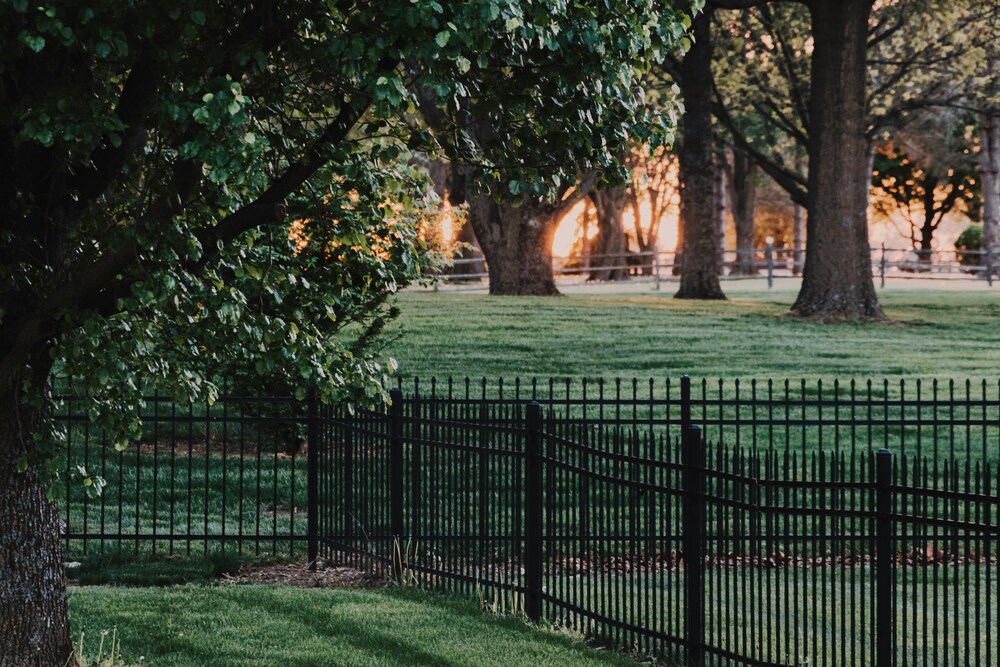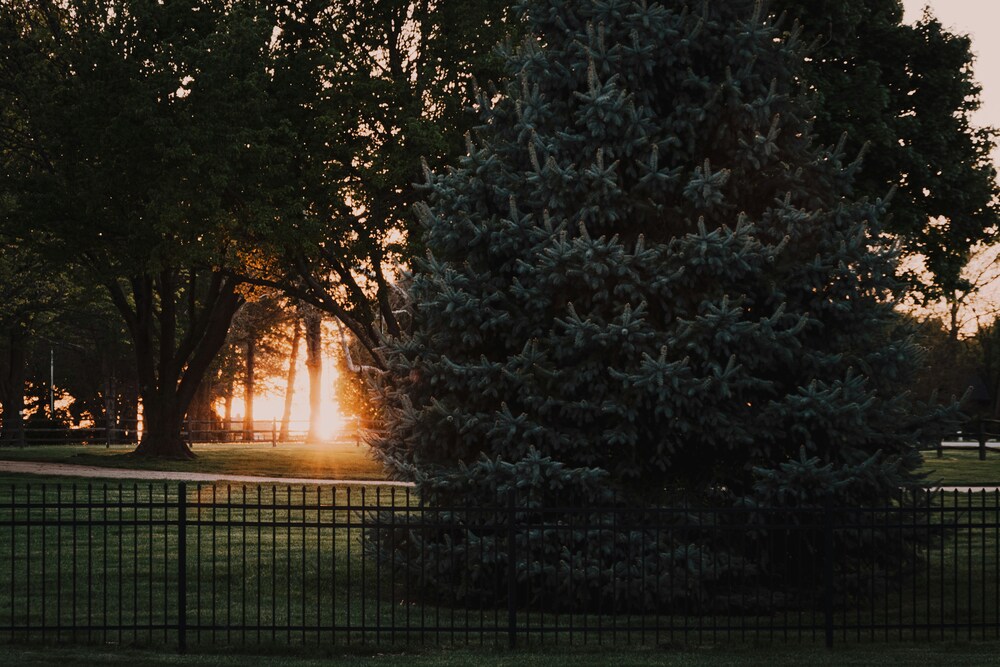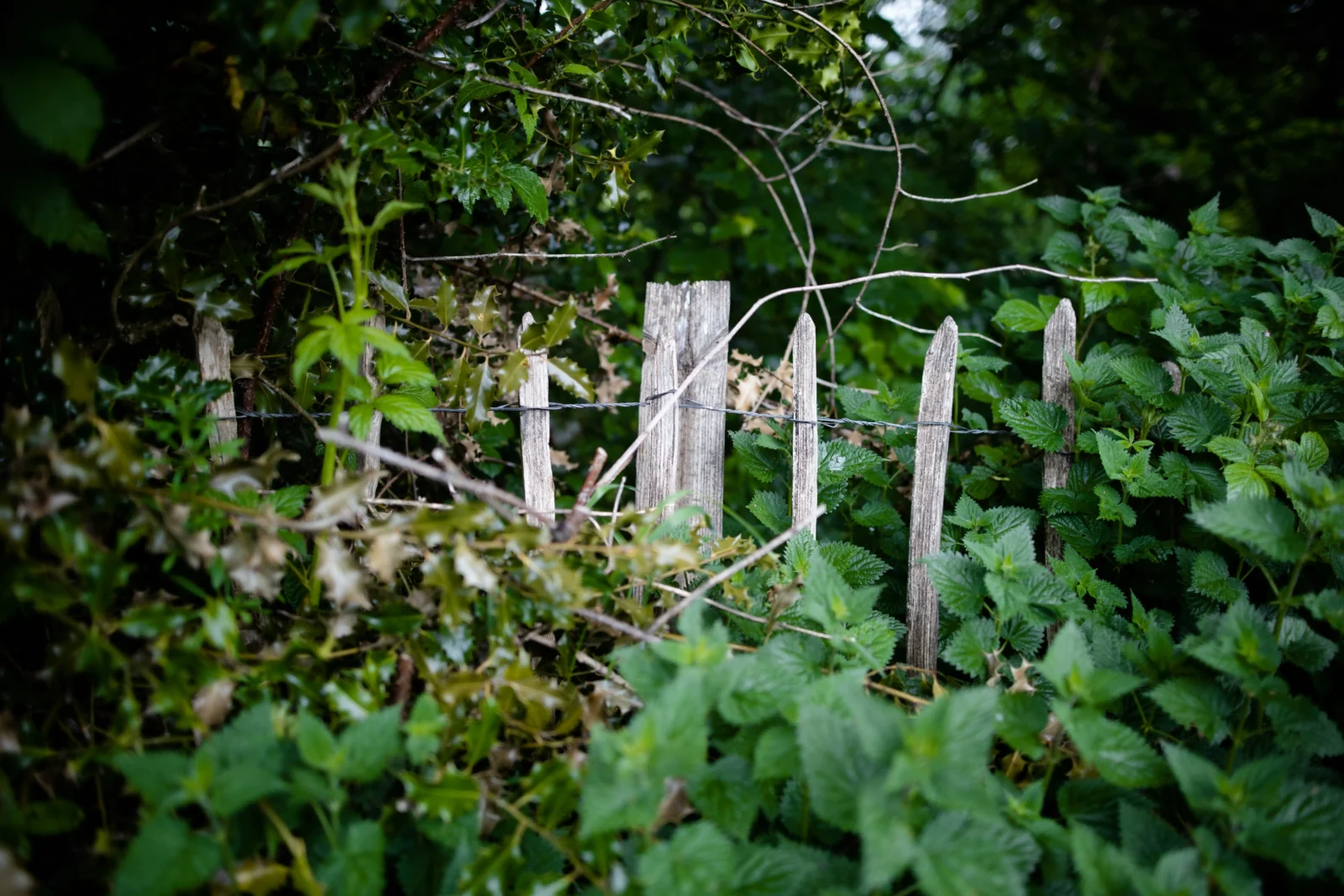- Home
- Articles
- Architectural Portfolio
- Architectral Presentation
- Inspirational Stories
- Architecture News
- Visualization
- BIM Industry
- Facade Design
- Parametric Design
- Career
- Landscape Architecture
- Construction
- Artificial Intelligence
- Sketching
- Design Softwares
- Diagrams
- Writing
- Architectural Tips
- Sustainability
- Courses
- Concept
- Technology
- History & Heritage
- Future of Architecture
- Guides & How-To
- Art & Culture
- Projects
- Interior Design
- Competitions
- Jobs
- Store
- Tools
- More
- Home
- Articles
- Architectural Portfolio
- Architectral Presentation
- Inspirational Stories
- Architecture News
- Visualization
- BIM Industry
- Facade Design
- Parametric Design
- Career
- Landscape Architecture
- Construction
- Artificial Intelligence
- Sketching
- Design Softwares
- Diagrams
- Writing
- Architectural Tips
- Sustainability
- Courses
- Concept
- Technology
- History & Heritage
- Future of Architecture
- Guides & How-To
- Art & Culture
- Projects
- Interior Design
- Competitions
- Jobs
- Store
- Tools
- More
Essential Tips for Maintaining a Beautiful Yard

A well-maintained yard reflects care, personality, and pride in homeownership. From lush lawns to tidy flowerbeds and thriving shrubs, outdoor spaces offer an inviting escape for family gatherings or quiet relaxation. Maintaining a beautiful yard requires consistent attention and a mix of smart techniques that balance aesthetics with practicality.
Whether dealing with overgrown grass, patchy areas, or seasonal changes, knowing how to keep your yard in top condition helps preserve its charm year-round. These important tips bring together foundational yard care practices that keep your outdoor space looking vibrant, healthy, and well-organized.
Table of Contents
ToggleRegular Lawn Care and Mowing Practices
Consistent lawn maintenance forms the foundation of a healthy and attractive yard. Regular mowing using reliable equipment, such as a WORX electric lawn mower, encourages even growth and discourages weeds from taking over. It helps achieve precise cuts without putting unnecessary strain on the grass.

Keeping blades sharp prevents tearing, which can leave grass vulnerable to disease and discoloration. It’s best to adjust mowing height according to the season, shorter in cooler months and slightly taller during heatwaves, to support resilience and moisture retention. Allowing grass clippings to remain on the lawn naturally replenishes nutrients, promoting a balanced ecosystem and long-term lawn vitality.
Proper Watering Techniques for Long-Term Health
Watering the yard may seem straightforward, but the timing and method make a big difference. Deep watering helps roots grow strong and withstand dry periods, while frequent shallow watering leads to weaker plants that depend on constant moisture. The early morning is usually the best time to water, as it minimizes evaporation and allows moisture to soak into the soil.
Using sprinklers with adjustable heads or a drip irrigation system can help distribute water evenly and reduce waste. Watching for signs of overwatering, like puddles or yellowing leaves, helps maintain the right balance and keeps the landscape thriving without unnecessary water use.
Soil Care and Fertilization Strategies
Healthy soil supports everything in your yard, from grass to garden beds. Testing the soil every couple of years helps determine its pH level and nutrient balance, guiding decisions on fertilization and amendments. A mix of organic matter, such as compost or mulch, improves soil texture and retains moisture while providing natural nourishment.
Fertilizing at the correct times, usually in early spring and late fall, encourages strong growth and prepares plants for seasonal transitions. Avoiding over-fertilization prevents nutrient runoff and helps maintain a natural equilibrium. Combining these efforts leads to soil that supports vibrant growth and reduces the likelihood of disease.

Controlling Weeds and Pests Effectively
Weeds and pests can quickly undo months of yard work if not addressed promptly. Early intervention is key, as removing weeds before they set seeds prevents them from spreading. Hand-pulling or using a hoe works for small areas, while larger spaces may benefit from pre-emergent herbicides that stop weeds before they grow.
For pests, it’s wise to identify the problem before treating it, since some insects are beneficial for pollination and soil health. Natural pest control methods, such as introducing ladybugs or using neem oil, protect plants without relying heavily on harsh chemicals. Keeping the yard clean and trimming overgrown vegetation minimizes habitats for unwanted pests.
Seasonal Yard Maintenance and Cleanup
Each season brings unique challenges and opportunities for yard care. Spring focuses on preparing the soil and planting new growth, while summer demands consistent watering and trimming. Fall is the time for raking leaves, aerating the lawn, and adding fertilizer to strengthen roots before winter.
During colder months, removing debris and protecting delicate plants ensures a smoother transition into the next growing season. Creating a simple maintenance calendar helps organize these tasks and prevents neglect. Regular seasonal cleanups keep the yard neat and protect long-term plant health by reducing disease risks and encouraging steady growth throughout the year.

Enhancing the Yard with Thoughtful Design and Features
A beautiful yard benefits from thoughtful design elements that add structure and personality. Defining areas with pathways, borders, or decorative stones creates visual harmony and makes the space easier to navigate. Planting native species reduces maintenance needs and attracts pollinators like bees and butterflies.
Incorporating focal points such as flower beds, garden lighting, or water features adds depth and dimension to the landscape. Regular pruning and shaping keep bushes and trees proportional to the space, balancing aesthetics with function. Even small upgrades, like fresh mulch or edging, can make a big difference in appearance and curb appeal.
Maintaining a beautiful yard is an ongoing process that rewards patience, effort, and consistency. Every detail, from mowing habits to soil care and design choices, contributes to the harmony and health of the outdoor environment. With the right balance of maintenance and creativity, any yard can remain a stunning, functional retreat that complements the home and provides joy throughout the seasons.
illustrarch is your daily dose of architecture. Leading community designed for all lovers of illustration and #drawing.
Submit your architectural projects
Follow these steps for submission your project. Submission FormLatest Posts
The Ultimate Guide to Fencing in North Dakota: Choosing the Best Fence for Your Property
Watching a chain link fence twist in 70 mph winds near Minot...
Gaudí: Where Architecture Meets Science
Gaudí: Where Architecture Meets Science shows catenary arches, ruled surfaces, and biomimicry...
How Housing Market Forces Shape Architectural Design Today
Architecture never exists in isolation. Buildings rise from a mix of ambition,...
Why Portable Formaldehyde Gas Detectors Matter on Construction Sites
As construction practices shift toward more enclosed and material-intensive environments, the risk...












Leave a comment